Uncategorized
-
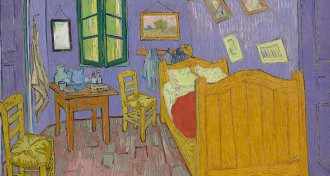 Science & Society
Science & SocietyScience gives clues to ‘The Bedroom’ as van Gogh painted it
Art and science converge in a visualization of the original colors of Vincent van Gogh’s “The Bedroom.”
By Kate Travis -
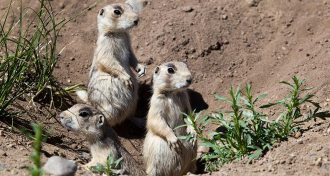 Animals
AnimalsIt’s an herbivore-kill-herbivore world
Female prairie dogs killing babies of another species might keep competitors off the grass.
By Susan Milius -
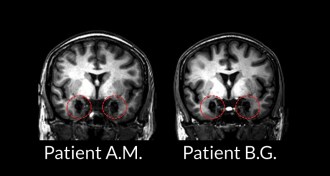 Neuroscience
NeuroscienceBrain holds more than one road to fear
A study on rare patients suggests that fear can take many paths through the brain.
-
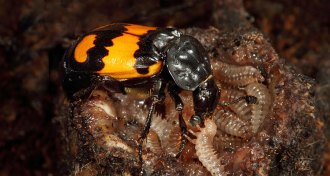 Animals
AnimalsFemale burying beetle uses chemical cue to douse love life
While raising their young, burying beetle mothers produce a chemical compound that limits their male partner’s desire to mate.
-
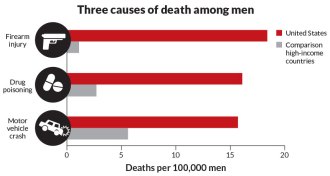 Health & Medicine
Health & MedicineThree big reasons why U.S. men have a shorter life expectancy
U.S. men’s lives are two years shorter than men in other rich countries for three reasons: guns, drugs and cars.
By Meghan Rosen -
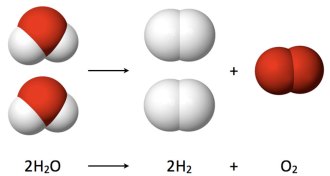 Physics
PhysicsNew type of catalyst could aid hydrogen fuel
A substance that can switch states might make an efficient catalyst for extracting hydrogen from water.
-
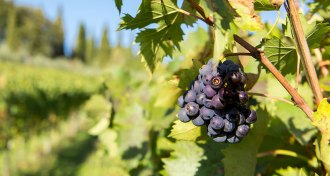 Agriculture
AgricultureClimate change threatens quality of French, Swiss wines
Wine quality could suffer as climate change desynchronizes warm temperatures and droughts, preventing grape growers from harvesting at the optimum time.
-
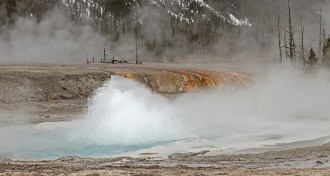 Earth
EarthCO2 shakes up theory of how geysers spout
Carbon dioxide helps fuel eruptions of Spouter Geyser, and perhaps other features, in Yellowstone National Park, new research suggests.
-
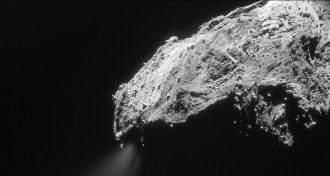 Planetary Science
Planetary ScienceComets carried noble gases to Earth
Asteroids might have delivered water to Earth, but comets could be responsible for noble gases and amino acids, a new study suggests.
-
 Science & Society
Science & SocietyEverything you ever wanted to know about hair — and then some
'Hair: A Human History' details the surprising role hair has played in human history.
By Meghan Rosen -
 Math
MathMathematicians find a peculiar pattern in primes
Consecutive prime numbers don’t behave as randomly as mathematicians assumed.
-
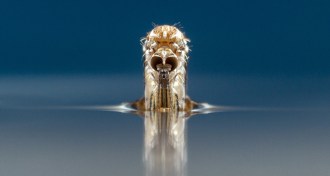 Health & Medicine
Health & MedicineSpecial Report: Here’s what we know about Zika
Tracing Zika’s path and its potential links to microcephaly in babies and Guillain-Barré syndrome has scientists planning a new war on mosquitoes.